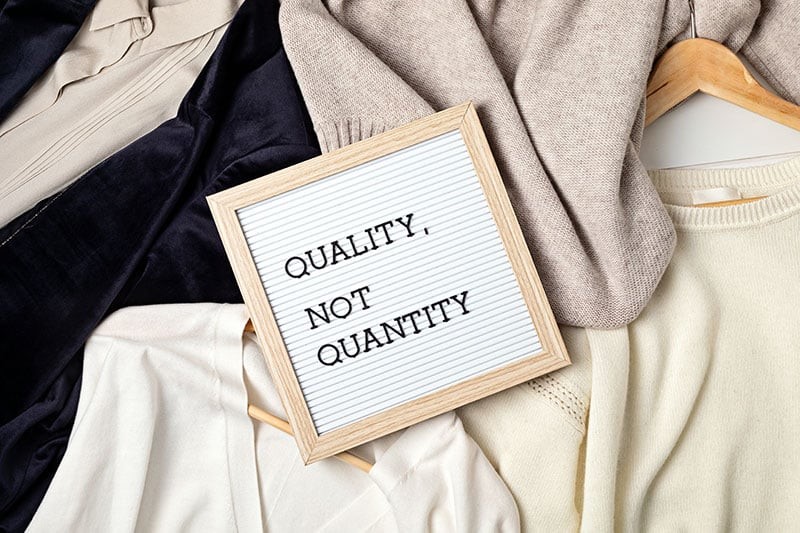In recent years, the fashion industry has experienced a transformative shift, with an increasing focus on sustainability and ethical practices. The rise of sustainable fashion is not just a passing trend. It represents a fundamental change in the way we perceive and approach clothing and accessories. With growing awareness about environmental issues and social impact, consumers and brands alike are embracing a more conscious and responsible approach to fashion. In this article, we explore the journey of sustainable fashion, its significance, and the positive changes it brings to the industry. Read along to be informed and check out more on Climate Change on BBC.
Understanding Sustainable Fashion
Before we start with the practices, let’s see what sustainable fashion means. The term is one that addresses the environmental, social, and ethical challenges that go with traditional fashion practices. It contains various principles, including eco-friendly materials, fair labor practices, waste reduction, and circular economy models. Sustainable fashion aims to minimize its ecological footprint while promoting social well-being through the process. So let’s take a look at the most known parts of sustainable fashion.
Eco-Friendly Materials
One of the most common practices of sustainable fashion is the use of eco-friendly and ethically sourced materials. This involves avoiding harmful chemicals, pesticides, and synthetic materials in favor of organic, natural fibers such as organic cotton, hemp, bamboo, and wool. You can find a lot of online stores that sell these sustainable materials, or you can buy yourself some already made sustainable wool pieces. Additionally, recycled and upcycled materials are gaining popularity, reducing the need for the production process all over again.
Ethical Production Practices
Sustainable fashion promotes fair and ethical treatment of workers throughout the supply chain. This includes providing safe working conditions, fair wages, and supporting communities where the clothes are produced. Brands that embrace ethical practices often prioritize transparency, allowing consumers to trace the journey of their clothing from raw materials to the finished product. There have been many scandals involving unethical practices with well known brands recently, so it’s important to make sure our clothes are made ethically.
Slow Fashion Movement
We’re sure you’ve heard the term fast fashion a lot in the past years. With fast fashion being disposable and not so durable, sustainable fashion promotes the exact opposite: the slow fashion movement. The focus is on creating high-quality, durable pieces that will last you longer and not make you buy more. This encourages you to invest in timeless designs that can be mixed and matched, rather than constantly buying cheap, trend-driven items that quickly fall out of style.





Leave a Reply